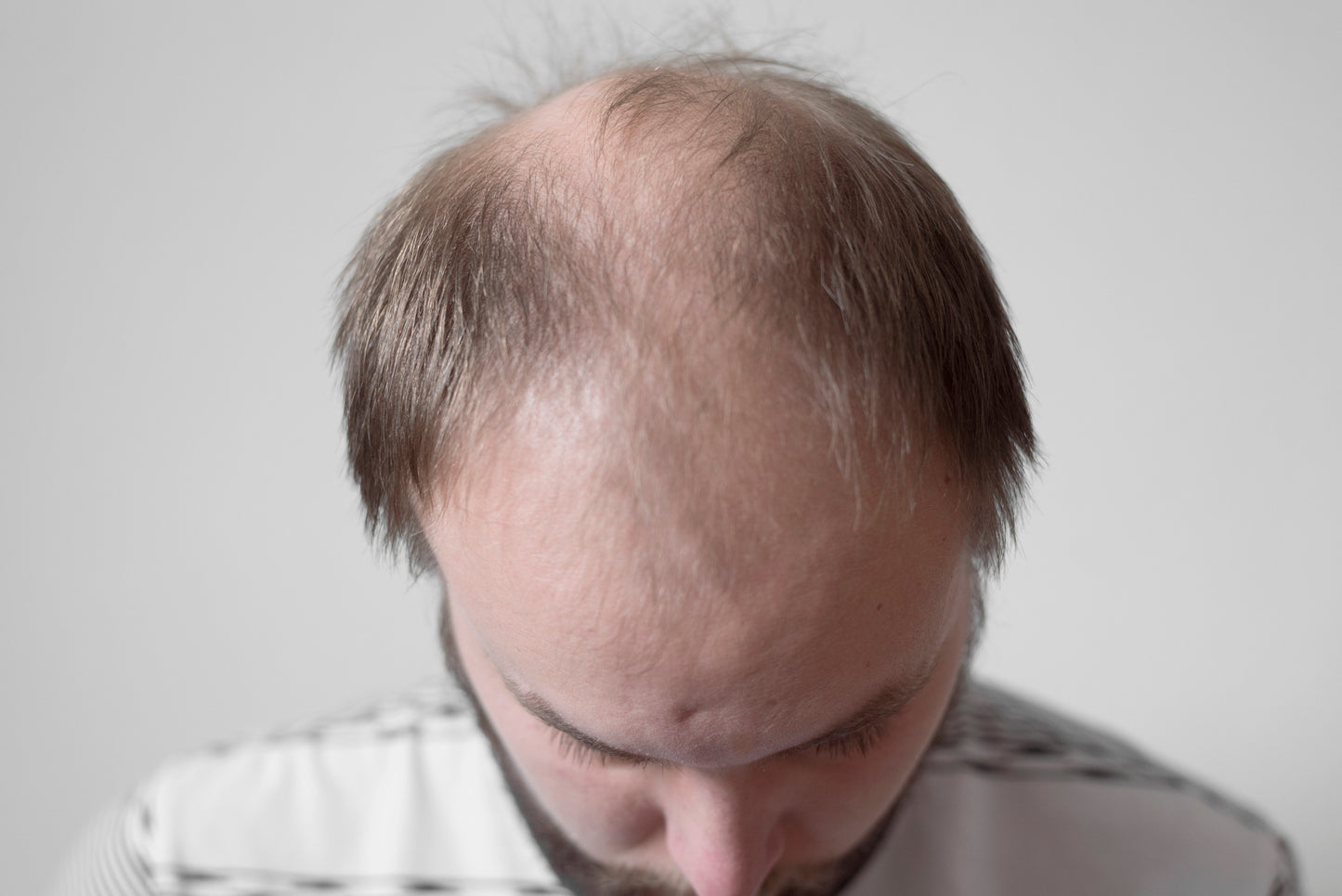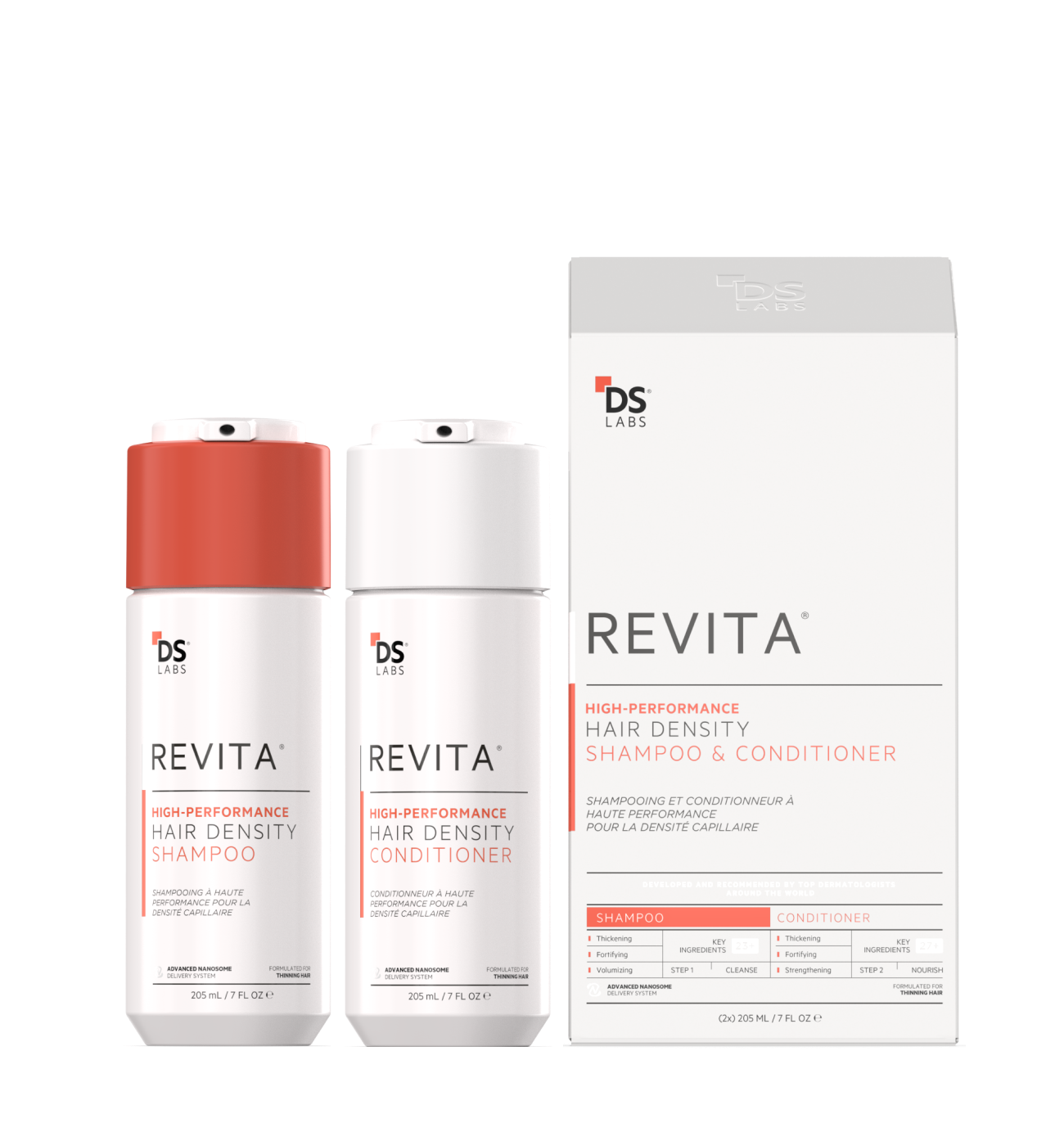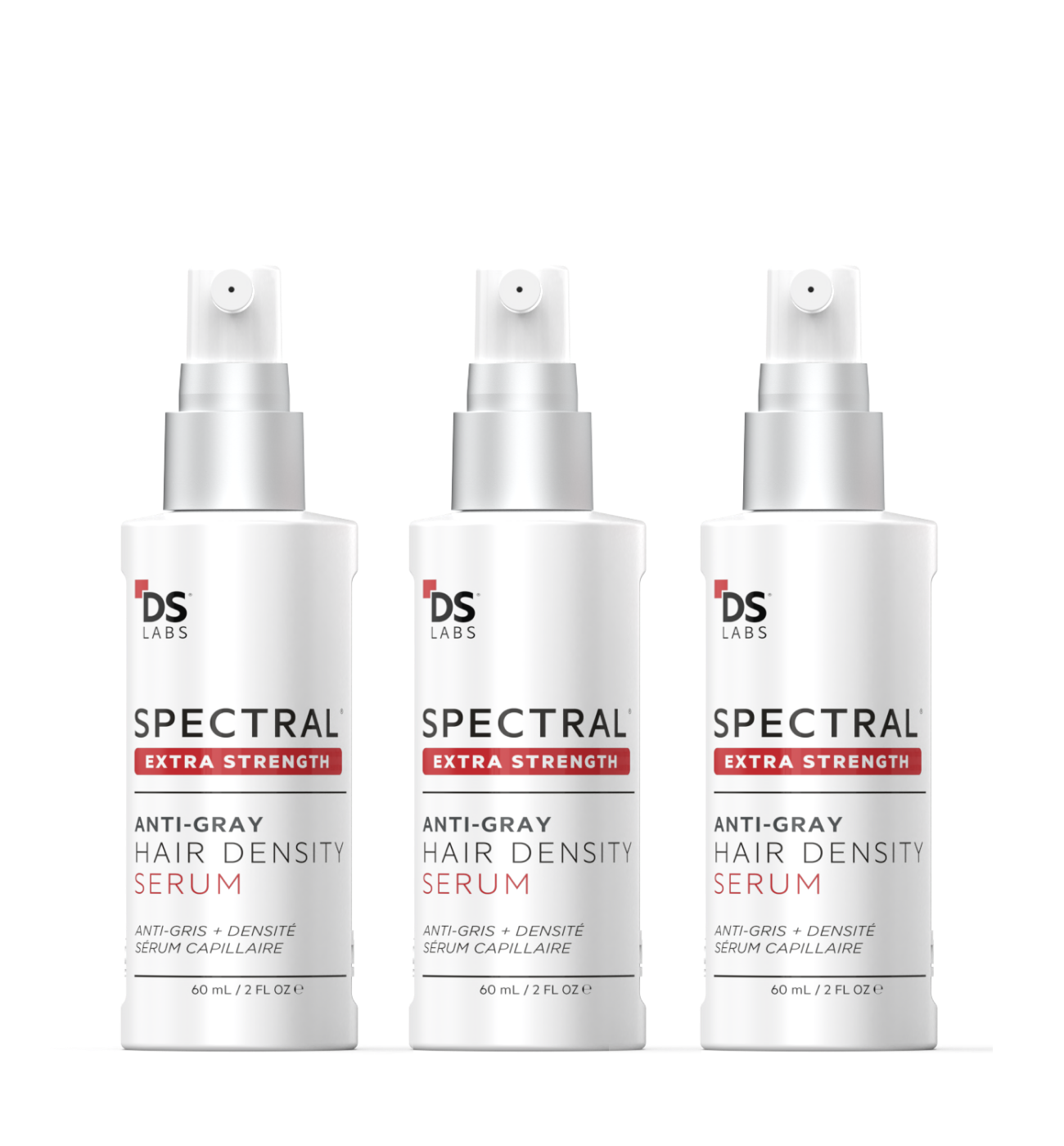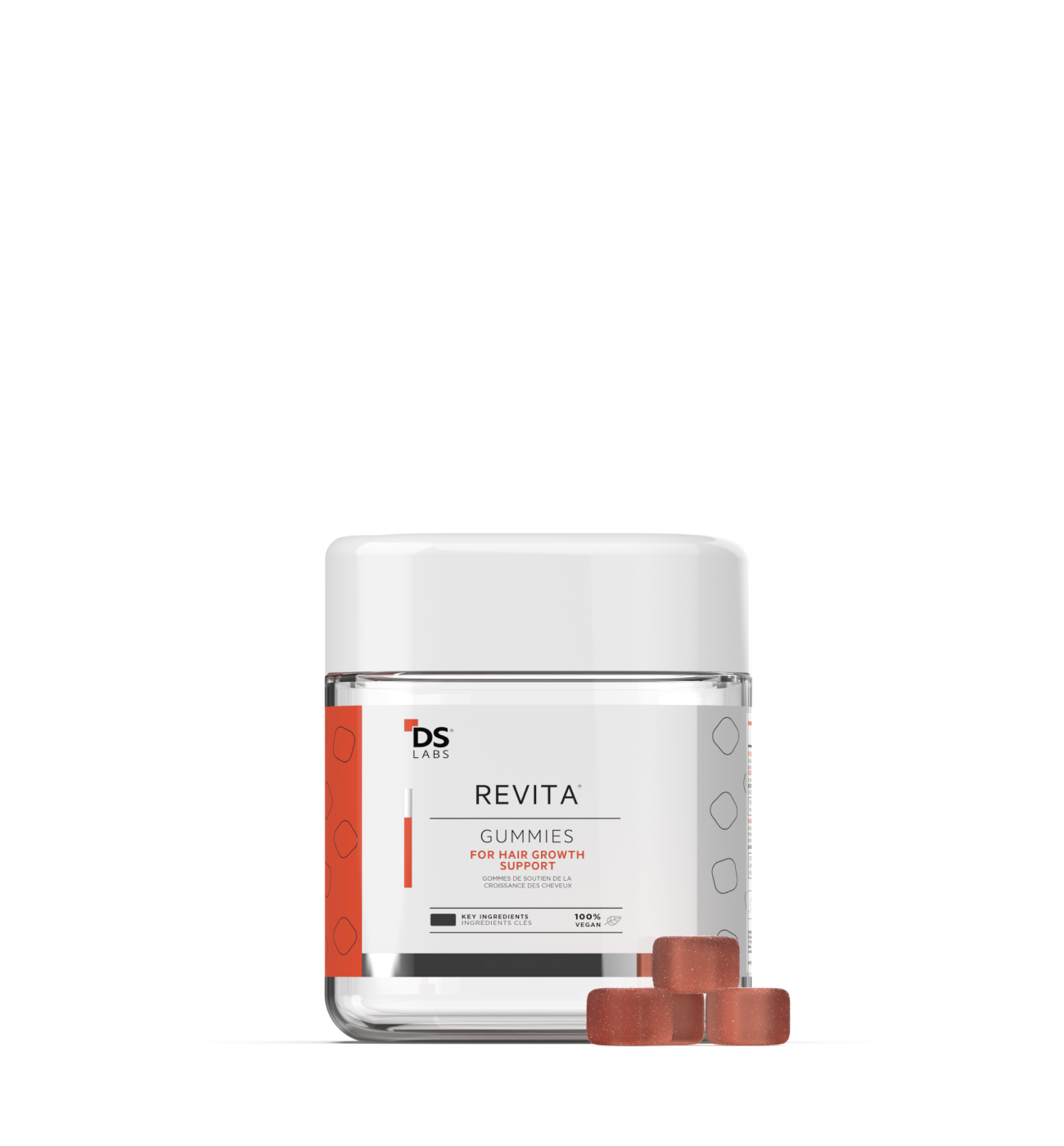Hair is one of the most important physical features that define a person's appearance. Unfortunately, many people struggle with hair loss and thinning hair, which can be caused by a variety of factors including genetics, stress, hormonal imbalances, and poor nutrition. One of the key factors that contribute to hair loss is the death of hair follicles, which can lead to permanent hair loss if left untreated. In this article, we will discuss the different methods to revive dead hair follicles.
Understanding Hair Follicles
Before we dive into the methods for reviving dead hair follicles, it's important to understand what hair follicles are and how they function. Hair follicles are tiny pockets in the skin where hair growth begins. Each hair follicle is made up of several parts, including the hair shaft, the hair bulb, and the dermal papilla. The dermal papilla is responsible for supplying the hair bulb with essential nutrients and oxygen. When a hair follicle dies, it means that the dermal papilla is no longer supplying the hair bulb with the necessary nutrients and oxygen it needs to grow.
Natural Ways to Revive Dead Hair Follicles
-
Scalp Massage: Massaging the scalp helps to stimulate blood flow to the hair follicles, which in turn promotes hair growth. Using essential oils like lavender or peppermint can also help to nourish the hair follicles and promote healthy hair growth. Take a look at the REVITALIZING BRUSH to help!
-
Proper Nutrition: Eating a balanced diet that is rich in vitamins and minerals is essential for healthy hair growth. Some of the nutrients that are particularly beneficial for hair growth include biotin, vitamin B6, vitamin C, vitamin E, and zinc You can find many of these ingredients in our REVITA SHAMPOO for a topical application.
-
Hydration: Staying hydrated is important for overall health, but it also helps to keep the hair and scalp healthy. Drinking enough water and using a hydrating hair mask or conditioner can help to nourish the hair follicles and promote healthy hair growth.
- Avoiding Harsh Chemicals: Using harsh chemicals on the hair can damage the hair follicles and lead to hair loss. Avoiding chemical treatments like hair dyes, perms, and relaxers can help to keep the hair and scalp healthy.
Medical Treatments to Revive Dead Hair Follicles
If natural remedies don't work, there are several medical treatments that can help to revive dead hair follicles.
-
Platelet-Rich Plasma (PRP) Therapy: PRP therapy involves injecting the patient's own blood plasma into the scalp. The platelets in the plasma contain growth factors that help to stimulate hair growth and revive dead hair follicles.
-
Hair Transplant Surgery: Hair transplant surgery involves taking hair follicles from a donor area and transplanting them to the areas of the scalp where hair loss has occurred. This can be an effective way to revive dead hair follicles and restore a full head of hair.
-
Low-Level Laser Therapy: Low-level laser therapy (LLLT) involves using a special device that emits low-level laser light to stimulate blood flow to the hair follicles. This can help to revive dead hair follicles and promote healthy hair growth.
-
Topical Treatments: Topical treatments like minoxidil (Spectral.UHP Minoxidil 5%) can be effective in reviving dead hair follicles and promoting hair growth.
Conclusion
Reviving dead hair follicles can be a challenging task, but with the right approach, it is possible to restore a full head of healthy hair. Using natural remedies like scalp massage, proper nutrition, hydration, and avoiding harsh chemicals can be effective in preventing hair loss and promoting healthy hair growth.
DS Laboratories has a full set of product offerings that have helped millions of customers around the world gain their confidence back by helping in the quest for healthier, fuller, thicker hair by using dermatologist-formulated topicals and supplements. Have you taken a look at our products? Take our hair quiz now to see what products are the right fit for you!













